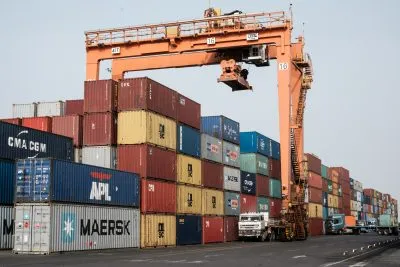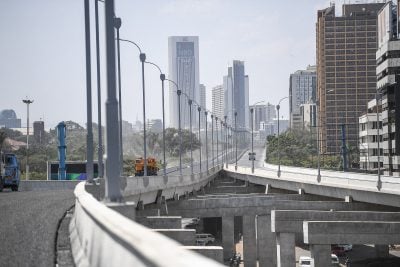Over its 70-year history, the UN General Assembly has played host to some memorable moments of political discord. From Hugo Chavez calling George W Bush the devil, to the shoe-banging of Nikita Khrushchev and Benjamin Netanyahu’s Iran bomb diagram, the annual meeting has often amplified the international feuds of a particular year.
Yet when shamed into action, the 193 member states occasionally find the impetus to coalesce around decisions of magnitude. Amid the greatest refugee crisis since the Second World War, countries used the occasion of this September’s General Assembly meeting to hammer out a fresh commitment to deal with the unprecedented human flows. The driver for the loftily-named New York Declaration is the wave of human suffering unleashed by the war in Syria, which has driven out over half the country’s population.
Yet the Levant is not the only contributor. For decades, many Africans, enduring adverse economic circumstances, poor governance and conflict, have fled to neighbouring states or chanced the perilous Mediterranean crossing. Of the ten countries from which most refugees originate today, six are in Africa. An estimated 2.5m Africans are thought to be refugees, many internally displaced in other African nations. The number of economic migrants is far greater.
In recent years, better security and economic progress on the continent have done much to give economic migrants a reason to stay at home. The partial democratisation of previously closed societies and proliferation of communications technology have given many citizens a greater say in the running of their countries, while the return of peace to war-ravaged states has helped to decrease the number of refugees.
With the continent feeling the impact of the end of the commodities boom, which has slowed growth across Africa, pressure is once again mounting. The International Labour Organisation estimates that over 14% of sub-Saharan African youth are unemployed – a figure that shoots up to 30.5% in North Africa. Given the paucity of reliable data across the region, the real figures may well be higher. In many countries, jobless growth means that many youngsters associate their home nations with little prospect for the future.
Addressing the fundamentals
Will the New York Declaration help? Pledges to increase financial assistance to poor countries will certainly be welcomed. African nations hosting large numbers of refugees – particularly in the Lake Chad basin where the war against Boko Haram continues to disrupt millions – have been lobbying for support. And if it is truly put into action, millions will benefit from the Declaration’s commitment to resettle refugees, tackle sexual violence and educate refugee and migrant children.
Yet while the fundamental drivers of mass migration remain unaddressed, many African governments will continue to face an uphill battle in giving their citizens a reason to stay.
Unless Africa’s leaders step up to the plate, working with external partners and businesses to deliver growth and good governance for all, millions will continue to take the risks associated with migration. The New York Declaration is a good symbolic response to the symptoms of mass migration. A meaningful solution to its causes will require much more work.
Want to continue reading? Subscribe today.
You've read all your free articles for this month! Subscribe now to enjoy full access to our content.
Digital Monthly
£8.00 / month
Receive full unlimited access to our articles, opinions, podcasts and more.
Digital Yearly
£70.00 / year
Our best value offer - save £26 and gain access to all of our digital content for an entire year!
 Sign in with Google
Sign in with Google 



